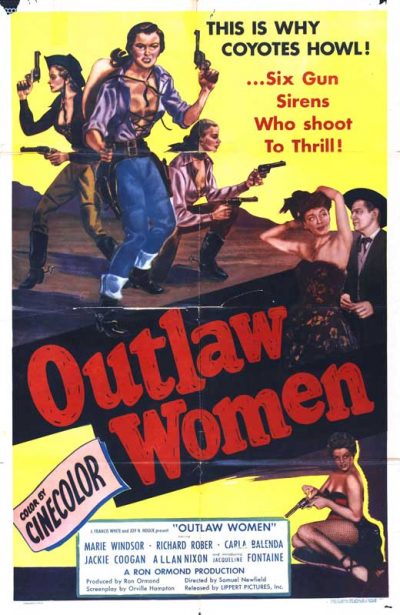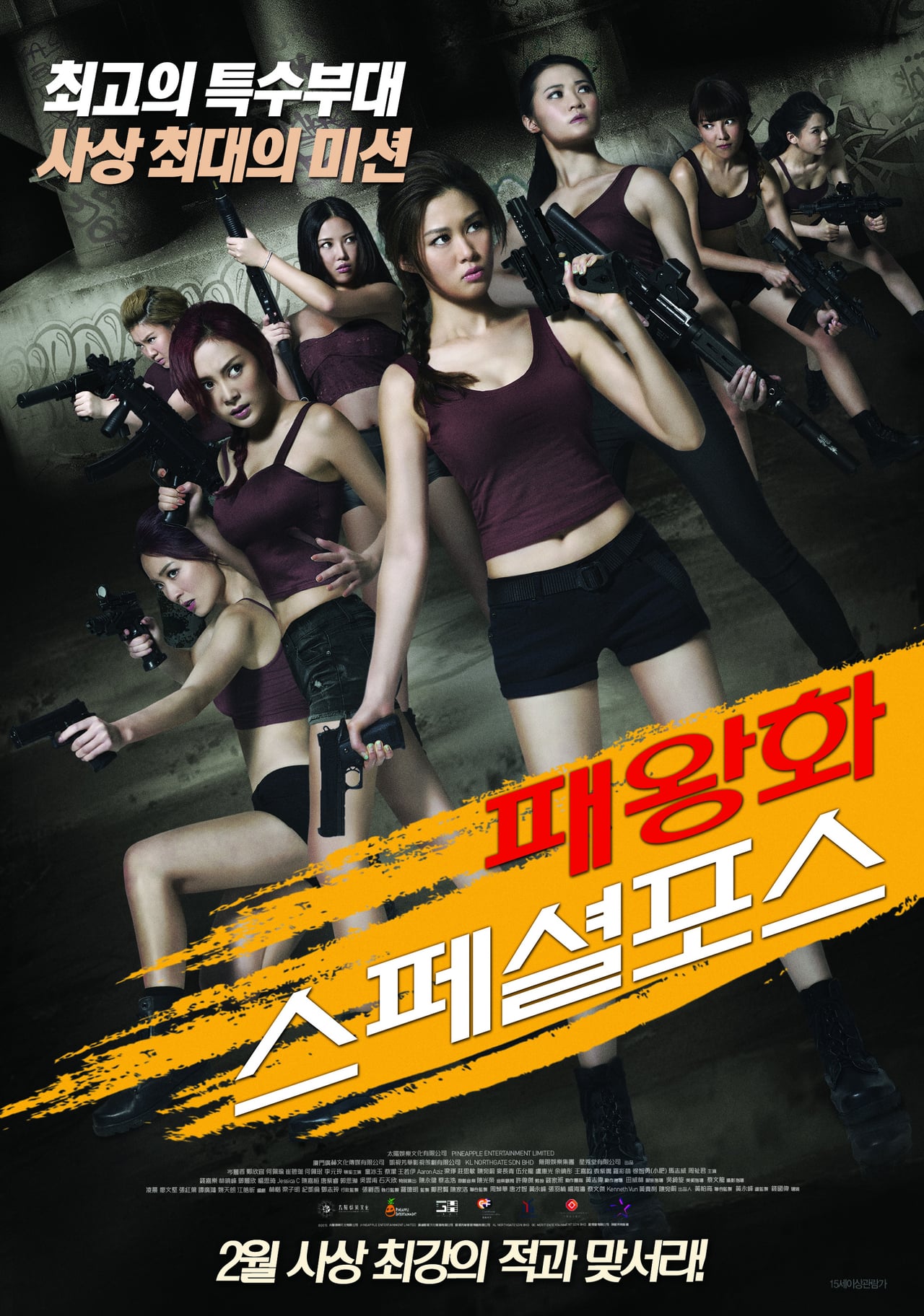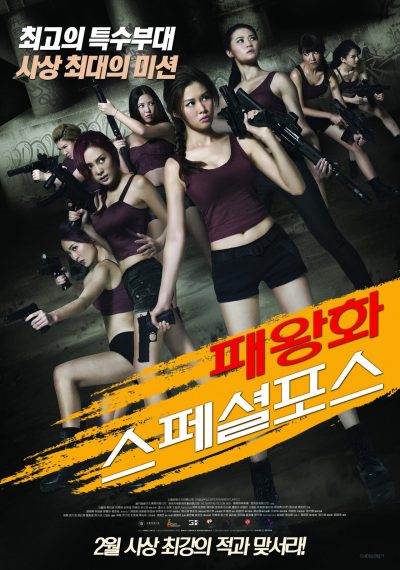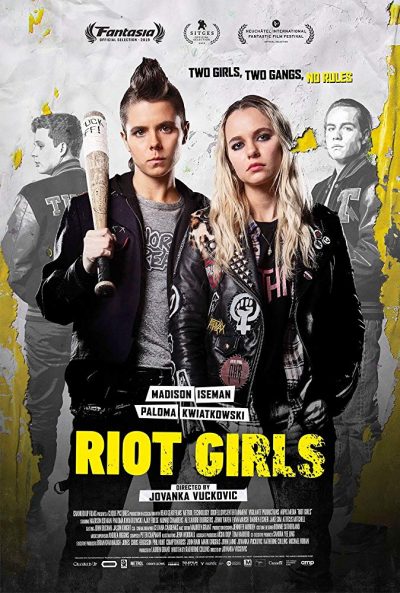★★★½
“The Queen comes home”
 Nine years after the events of the first series, Teresa Mendoza (del Castillo) is no longer in the world of crime. She lives in Italy under a new identity, where she makes marmalade, has a hunky boyfriend and is concerned more with bringing up her daughter, Sofia (Sierra). But where would the telenovela fun be in that? Therefore. it’s not long before Sofia is kidnapped, and used as leverage to drag Teresa back into the murky world of narcotrafico. Except, it’s as much a political game this time, with her previous adversary, Epifanio Vargas (Zurita), is now running for President of Mexico. He orders Teresa to bring down the main rival for that position, by joining the gang of the drug-lord who is backing his rival’s campaign, and finding evidence which can exposie their connection. It’s not even that “simple”, with a lot of people who have long-standing scores to settle with Teresa, and the DEA lurking in the background, pulling strings on behalf of the American government.
Nine years after the events of the first series, Teresa Mendoza (del Castillo) is no longer in the world of crime. She lives in Italy under a new identity, where she makes marmalade, has a hunky boyfriend and is concerned more with bringing up her daughter, Sofia (Sierra). But where would the telenovela fun be in that? Therefore. it’s not long before Sofia is kidnapped, and used as leverage to drag Teresa back into the murky world of narcotrafico. Except, it’s as much a political game this time, with her previous adversary, Epifanio Vargas (Zurita), is now running for President of Mexico. He orders Teresa to bring down the main rival for that position, by joining the gang of the drug-lord who is backing his rival’s campaign, and finding evidence which can exposie their connection. It’s not even that “simple”, with a lot of people who have long-standing scores to settle with Teresa, and the DEA lurking in the background, pulling strings on behalf of the American government.
It is certainly quite jet-setty. Perhaps because of del Castillo’s well-documented problems with the Mexican government, I’m not sure how many of her scenes were actually filmed locally. As well as Italy, it bounces around between her old stomping-ground of Malaga, Spain and Russia (reuniting Mendoza with Russian mob ally, Oleg Yosikov (Gil), though eventually settles down with the bulk of the action does take place in Mexico. There, Teresa has to round up some other old pals, to give her the necessary resources to infiltrate her target. Meanwhile, Sofia is proving quite the chip off the old block, and causing no end of problems for her captors – who include someone playing a rather dangerous double- or even triple-game. However, despite the plethora of plot threads – and the above is well short of being an exhaustive list – the script does generally pull off a very good job of delineating them without confusion.
Initially, it seemed like we might be in for a more action-oriented brand of Teresa, the first episode (embedded at the bottom, with English subs) ending with her chasing a car on a motor-bike and a rather spectacular stunt. Sadly, it only sustains this pace intermittently thereafter. To make up, we do get the very impressive Manuela, a.k.a Kira, played by Paola Núñez. A disgruntled former DEA agent, she’s one of those with a grudge against Ms. Mendoza, holding her responsible for the death of some family members. She’s definitely a bad-ass, and it’s always a pleasure seeing her and Teresa go toe-to-toe. There were some aspects of the story I did have issues with. For instance, in about a two-episode spell, we get three different cases of someone who should be dead, turning out not to be. That gets old. But all told, it’s a nicely-paced bit of television, that sustained my interest over its 60 episodes – even if it took me approaching six months to get through them all.
Star: Kate del Castillo, Humberto Zurita, Antonio Gil, Isabella Sierra





 Almost four years after
Almost four years after  This feature-length entity is the omnibus edition of a series created for Canadian streaming service, CBC Gem. Originally 10 x ten-minute episodes, they’ve been combined into one entity, though the joins are still pretty visible. It is, however, a brisk and generally entertaining work, with a good twist to the usual martial-arts shenanigans.
This feature-length entity is the omnibus edition of a series created for Canadian streaming service, CBC Gem. Originally 10 x ten-minute episodes, they’ve been combined into one entity, though the joins are still pretty visible. It is, however, a brisk and generally entertaining work, with a good twist to the usual martial-arts shenanigans. I try and not let my expectations influence my reviews: a movie deserves to be judged on what it is, rather than what I expected it to be. A film-maker usually doesn’t get to decide, for instance, the DVD sleeve. But when you invoke the name of Boudica in your title, this creates certain requirements with regard to your content, especially when combined with the words “warrior queen.” These are requirements which this movie is utterly incapable of meeting. Technically, the word “rise” is probably the only accurate element to be found, on the cover, which certainly counts as among the most inaccurate in recent memory.
I try and not let my expectations influence my reviews: a movie deserves to be judged on what it is, rather than what I expected it to be. A film-maker usually doesn’t get to decide, for instance, the DVD sleeve. But when you invoke the name of Boudica in your title, this creates certain requirements with regard to your content, especially when combined with the words “warrior queen.” These are requirements which this movie is utterly incapable of meeting. Technically, the word “rise” is probably the only accurate element to be found, on the cover, which certainly counts as among the most inaccurate in recent memory. Grace deHaviland is a former cop, fired from the force in Columbus, Ohio under circumstances which remain murky. To continue in the justice field, she turns to bail enforcement, bringing in perps who have gone on the lam in exchange for a percentage of their bond. They don’t necessarily want to come in, as we find out right at the start; her first target causes Grace almost to become a victim herself, save for the grace of her stun-gun. Following this, she gets to take on what should, in theory, be a nice, simple case: locating white-collar criminal Barry Keegan. He was the accountant for a pharmaceutical firm engaged in shady financial practices, and has skipped bail shortly before the trial involving him and the company’s head honchos.
Grace deHaviland is a former cop, fired from the force in Columbus, Ohio under circumstances which remain murky. To continue in the justice field, she turns to bail enforcement, bringing in perps who have gone on the lam in exchange for a percentage of their bond. They don’t necessarily want to come in, as we find out right at the start; her first target causes Grace almost to become a victim herself, save for the grace of her stun-gun. Following this, she gets to take on what should, in theory, be a nice, simple case: locating white-collar criminal Barry Keegan. He was the accountant for a pharmaceutical firm engaged in shady financial practices, and has skipped bail shortly before the trial involving him and the company’s head honchos. Make no mistake,
Make no mistake,  Many of the changes are relatively small – tweaks, rather than significant changes. For instance, rather than the landlady having a dog, Liang herself has a cat. Though in a morbid twist, she feeds her kitty some of the remnants of her victim. The gang attack is preceded by a battle between two different groups, both of whom have tracked Liang to a deserted Hong Kong park: the winners get… Well, gunned down by her. There is,
Many of the changes are relatively small – tweaks, rather than significant changes. For instance, rather than the landlady having a dog, Liang herself has a cat. Though in a morbid twist, she feeds her kitty some of the remnants of her victim. The gang attack is preceded by a battle between two different groups, both of whom have tracked Liang to a deserted Hong Kong park: the winners get… Well, gunned down by her. There is,  The city of Silver Creek is on the way out, and many of its inhabitants are leaving, including town doctor Bob Ridgeway (Nixon). Originally heading to Kansas City, he is convinced at gunpoint to take up a position instead in “Las Mujeres.” That’s Spanish for “The women,” and is an appropriate name since the place is a gynocratic society, where the ladies are in charge. Top of the heap is Iron Mae McLeod (Windsor), who runs the local saloon and ensures that the the other women in the town are kept safe from exploitation. She does, however, have to navigate the straits between aspirational gambler Woody Callaway (Rober) and outlaw Frank Slater. Ridgeway, meanwhile, because the target of affection for both Beth Larrabee (Balenda), one of Mae’s enforcers, and her big sister and star of the saloon’s show, Ellen. But when all of Mae’s money is about to be transferred out of Silver Creek, and becomes a target for Slater and his gang, romance has to take a back seat.
The city of Silver Creek is on the way out, and many of its inhabitants are leaving, including town doctor Bob Ridgeway (Nixon). Originally heading to Kansas City, he is convinced at gunpoint to take up a position instead in “Las Mujeres.” That’s Spanish for “The women,” and is an appropriate name since the place is a gynocratic society, where the ladies are in charge. Top of the heap is Iron Mae McLeod (Windsor), who runs the local saloon and ensures that the the other women in the town are kept safe from exploitation. She does, however, have to navigate the straits between aspirational gambler Woody Callaway (Rober) and outlaw Frank Slater. Ridgeway, meanwhile, because the target of affection for both Beth Larrabee (Balenda), one of Mae’s enforcers, and her big sister and star of the saloon’s show, Ellen. But when all of Mae’s money is about to be transferred out of Silver Creek, and becomes a target for Slater and his gang, romance has to take a back seat.














 I’m not sure how much this is an official remake of The Inspector Wears Skirts, the 1988 franchise-launching action comedy which we covered earlier this month. It is certainly very close in both content and tone, but I’ve not seen a formal acknowledgement of this from anyone involved. While I’m obviously happy to see a reboot of one of the pioneers of the Hong Kong girls-with-guns genre, I just wish they hadn’t also rebooted the weaknesses as well as the strengths. In particular, they could have left all of the lame comedy in the eighties, and I’d have had no complaints at all.
I’m not sure how much this is an official remake of The Inspector Wears Skirts, the 1988 franchise-launching action comedy which we covered earlier this month. It is certainly very close in both content and tone, but I’ve not seen a formal acknowledgement of this from anyone involved. While I’m obviously happy to see a reboot of one of the pioneers of the Hong Kong girls-with-guns genre, I just wish they hadn’t also rebooted the weaknesses as well as the strengths. In particular, they could have left all of the lame comedy in the eighties, and I’d have had no complaints at all.














 After a disease has wiped out all adults, the town of Potters Bluff has divided into two camps, delineated by the river running through the town. On the west are the Titans, a quasi-fascist order of jocks operating out of the old high school and led by Jeremy, whose motto is “Strength, power, respect.” On the east are the free-spirited remainder, living under and protected by Jack (Bourgeois). However, after hijacking the contents of a Titan truck, Jack is abducted by them and held hostage. A three-person party sets out on a rescue mission: Jack’s sister Nat (Iseman), her best friend – and painfully obvious lesbian, right down to the mohawk – Scratch (Kwiatkowski), and Sony (Friese), a former Titan who recently defected to the East, and whose inside knowledge is essential to their survival and the success of the mission.
After a disease has wiped out all adults, the town of Potters Bluff has divided into two camps, delineated by the river running through the town. On the west are the Titans, a quasi-fascist order of jocks operating out of the old high school and led by Jeremy, whose motto is “Strength, power, respect.” On the east are the free-spirited remainder, living under and protected by Jack (Bourgeois). However, after hijacking the contents of a Titan truck, Jack is abducted by them and held hostage. A three-person party sets out on a rescue mission: Jack’s sister Nat (Iseman), her best friend – and painfully obvious lesbian, right down to the mohawk – Scratch (Kwiatkowski), and Sony (Friese), a former Titan who recently defected to the East, and whose inside knowledge is essential to their survival and the success of the mission.